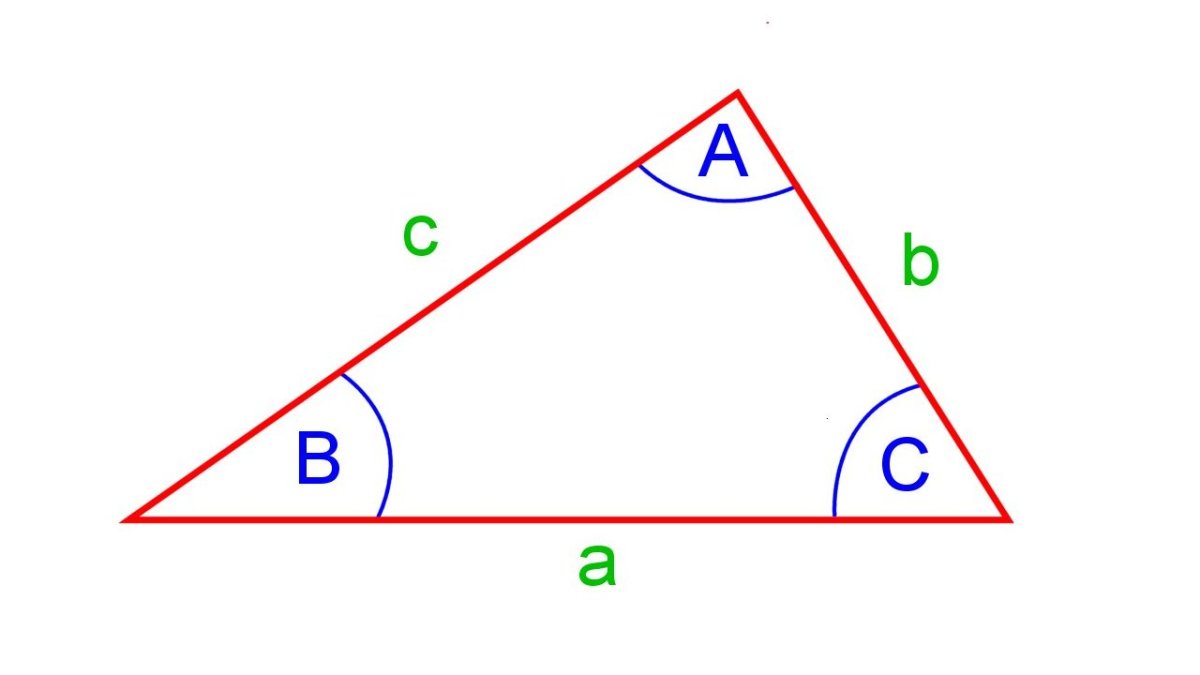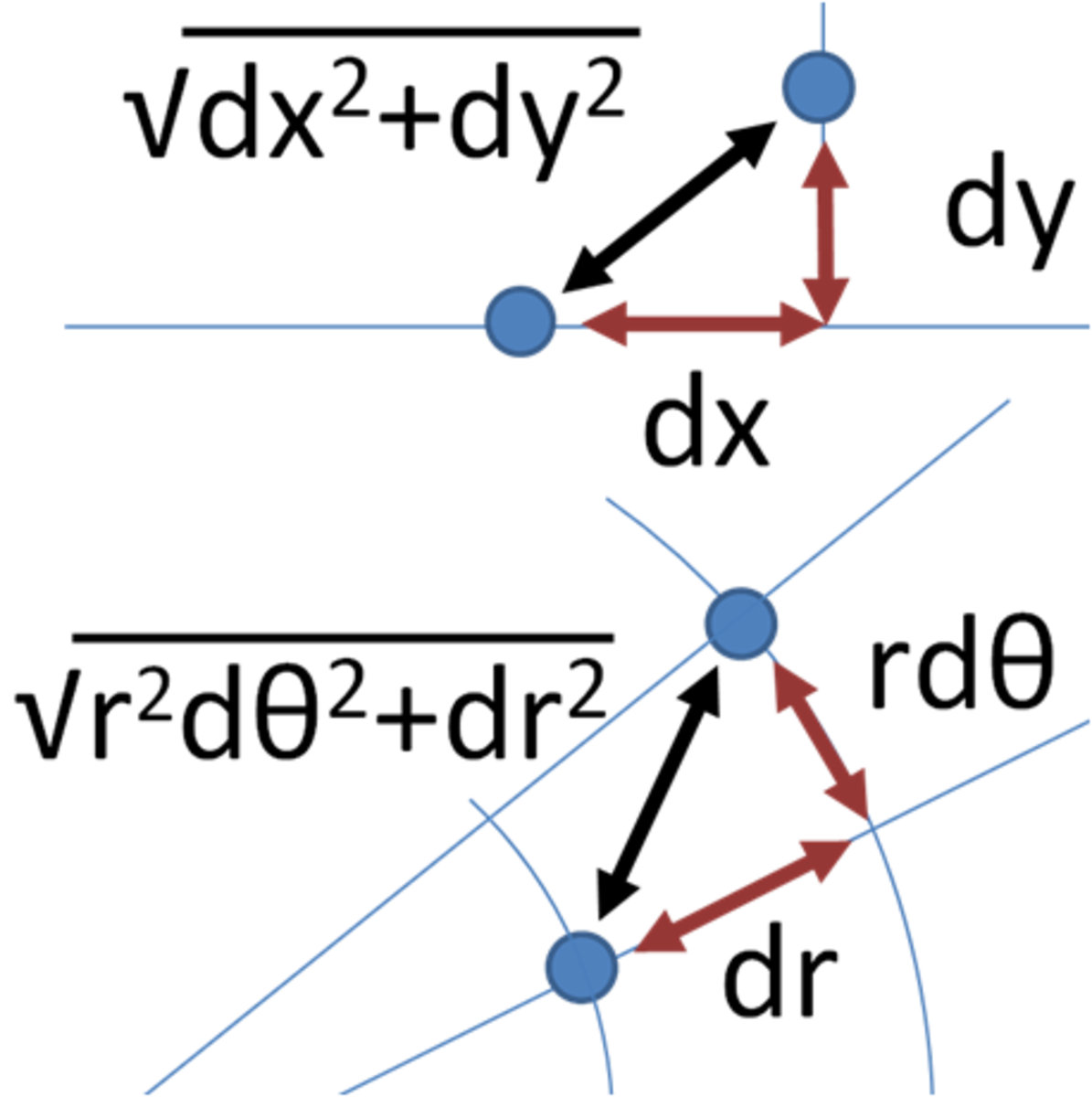An Introduction to the Discipline of Journalism
Journalism is considered as an engagement and conversion of a free society within itself in a democratic art. It is also “must”, and can pursuit for the day- to-day truths, which individuals operate by. The most significant aspect of journalism is its capability of constructing the truth. Schudson in his book The Sociology of News points out that, in normal cases, journalists work with resources that are provided with real people and events. By way of highlighting, selecting, shading, framing and shaping through reporting, journalists create an impression which can be considered as real by viewers, readers and real people and by which they respond in their lives (Schudson, 2003, 25).
The aim of journalism is to provide a service to the public through dissemination and analyzing news, as well as other information. The integrity of journalism is based on the principle of disclosure, truth and editorial independence. In a democracy, access to free information is a significant element in establishing a system of balance, and power checks within governments, individuals, businesses and other social entities. The status and function of journalism have undergone drastic changes over the years owing to the advent of digital technology. This has subsequently created a shift on how the media is consumed as people are increasingly turning to smartphones, e-readers and other digital devices in monetizing their digital wings and publishing contents (Schudson, 2003, 115).
Rosenstiel and Kovach (2007) in their book the Elements of Journalism, postulate that the first loyalty for journalism is to the public. Further, journalists are obliged to tell the truth and serve independently in monitoring the powerful individuals, as well as institutions within the society. The basis of journalism is to offer citizens, credible information through the discipline of verification (16).
Writing Expectations
Journalism pieces demand a greater extend of relevance, interest and accuracy to the reader and the writing input need to be correct in technical aspects. Each of these aspects has their own individual significance. The most salient expectation of a journalist is that, his pieces are relevant and interesting to the audience. If the subject or topic in the story is not interesting or appealing to the audience, the writer has a responsibility of trying his best in engaging the reader through his pieces. However, in an attempt to make the stories more appealing to the audience, some writers may be tempted to spin the stories in a manner that may distort the facts; hence, they are expected to avoid this “serious mistake”. A story that is spanned may include or omit aspects that are untrue.
Though writers may be tempted to spin stories as a means of engaging the reader, this act is not only immoral, but also dangerous in journalism. It is therefore, essential for a writer to adhere to the facts of the story and reliability of the analyzed sources and avoid spinning in the final presentation of their contents. This is applicable in all forms of media be it radio, TV, video, print, online and others. The act of spinning or using wrong facts ultimately ruins the reputation of writers (Schudson, 2003, 205).
Students participating in the journalism discipline are expected to write in a variety of forms, for different purposes, and for a variety of audiences. They are required to draft, plan and complete written composition on a consistent basis. They are also required to examine their papers in a careful manner, taking into consideration the aspect of clarity, use of language that is engaging to the audience, and correct use of mechanics and conventions of the written language. Therefore, their writings need to be adapted in different perspectives.
Technicality and Technological Expectations
Writing technicalities are equally critical in getting the right facts. By adhering to correct writing technologies, the audience will get the impression that the writer was careful in constructing the story. It is also a reflection of the best knowledge with the available facts at the particular time of the story. In the case when technicalities are consistently incorrect, the audience may not take the writer or story seriously, thus jeopardizing the credibility of the writer and media used. Examples are grammatical errors and many others such as quotations, addresses, abbreviations, the weather, weapons and so on. For instance, when writing on windstorm, one should understand that the range of gale force winds is within 34-54 mph whereby, the strong winds persist for long and above 3 mph. Students participating in this discipline are expected to become analytical consumers of technology and media as a means of enhancing their skills in communication. Additionally, they will be exposed to the traditions of journalism, how to do research on particular topics, and the general principles of writing. Students are also expected to master literary skills in order to be effective in communication (Rosenstiel and Kovach, 2007, 115).
Students of journalism should be equipped with an understanding that the discipline is rapidly changing and that it is an interdisciplinary field. The media convergent and technological change has come to redefine the scope of journalism. They are therefore, required to be knowledgeable with different technologies, which include, but not limited to social networking sites, blogs and other digital devices for submitting their contents. Journalists should be concerned on leveraging technologies while upholding the requisite standards, and ethics which different them from “citizen reporters”. They are required to have a strong foundation in technology in order to be efficient in the rapid paced news context.
Reading Expectations
Students enrolled in this discipline are also expected to be knowledgeable through study, on various journalism aspects. These aspects may include, but not limited to the history of communication, ethical principles that guide the discipline, and legal boundaries. They are as well expected to learn on various writing styles as well as various visual designs for different media platforms. As we already explained, students participating in this discipline are also expected to become analytical consumers of media and technology as a way of enhancing their skills in communication. Students are required to read news in different media platforms in internet, print, electronic, blogs among others. They will constantly evaluate the reliability, effectiveness, and accuracy of the information and news in these media platforms. Again, the news content analyzed should focus on specific matters, themes, cultures, people and events for various qualities (Rosenstiel and Kovach, 2007, 55). This is meant to expose the students on the real context of journalism in practical terms.
Research Expectations
Students in the discipline of journalism should be made to understand that their role entails investigating, and reporting on trends and issues for the various mass audiences. These include broadcast, print and other type of media including print, electronic or digital media. The specific media platforms may include TV, books, newspapers, magazines among others. They are also expected to write reports and news stories that focus on the current happening, feature stories that are considered soft and timely as well as topical news. All journalists whether covering soft or hard news have to gather information and prepare for writing. In this aspect, they have to undertake research and gather relevant information before starting to write. There are three main tools, which are commonly used by journalists in collecting information for stories; observation, interviews and background research (Curtis, 2011, 1).
Interviewing as a form of gathering information entails conducting interviews with knowledgeable people on different topic areas. These people may include witnesses, managers, experts, officeholders, social scientists, applied scientists, humanists, and physical scientists among others. The interview could also be conducted through letters and emails. Observations as means of gathering information involves direct observation of events, attending lectures, speeches, press conferences, public addresses among other events. It may also involve undertaking various tests and experiments. Furthermore, they are also required to be internet savvy and understand how to retrieve essential information from the internet, search engine and databases, web home pages, e-books, web magazines, and articles, discussion groups, web archives among others. They also have to be versed on electronic libraries, scholarly journals, periodicals, government documents among others. Further, journalists are also expected to be versed on how to conduct surveys using questionnaires and conducting analysis on the obtained information (Curtis, 2011, 2).
Conclusion
In conclusion, students in the discipline of journalism should understand that journalistic pieces demand a greater extend of relevance, interest and accuracy. Therefore, the writing input needs to be correct and devoid of both technical and rhetorical errors. In achieving this standard, students would need to be ready extensively news contents from various media platforms so as to expose themselves on the practical aspects of this industry.








